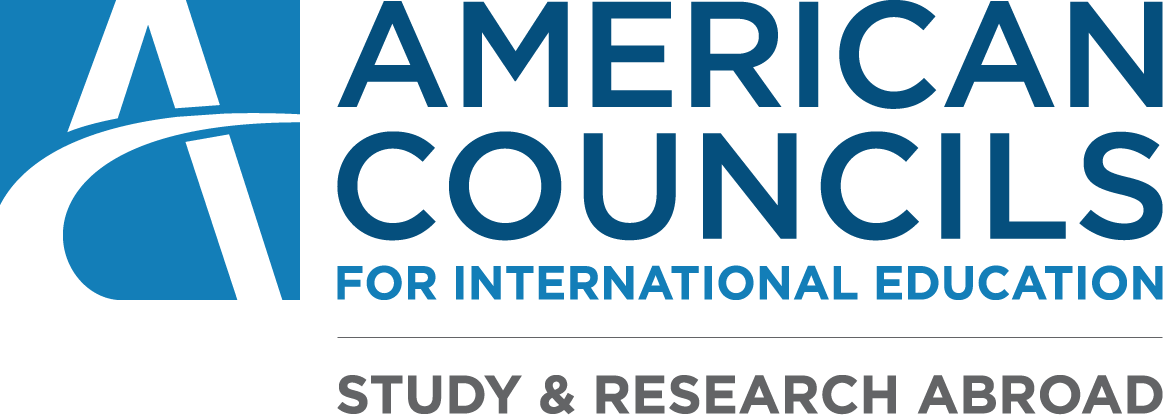Fulbright-Hays Scholarship Recipient Profile: Laura Howells
Laura Howells reflects on her semester on the Advanced Russian Language and Area Studies Program in Moscow as a Fulbright-Hays Group Projects Abroad scholarship recipient and her language learning journey. This story was originally shared on April 2, 2019.
After two semesters studying Russian language at Bowdoin College, I set out for the unseasonably warm Russian capital city. Lacking confidence in simple phrases and grammatical structures, I was unsure, even, of what I knew and didn’t know. The night before leaving I was a nervous wreck. I jotted down a few frenetic notes in my journal and tried-and failed- to fall asleep.
The next few days were a blur. I was too tired, overwhelmed and excited to write any notes in my journal. Having never been in an immersive experience like this, I was unprepared for how much of my day I would be spending out of my comfort zone. What a valuable experience. At first, I was white-knuckling my way through each interaction and uncomfortable setting. Even ordering a coffee proved to be a seemingly insurmountable task. The little things I took for granted in the States- the little tasks I could simply be on autopilot for- were notably more complex for a non-native speaker. I can’t wait for the next opportunity to go back to Russia and immerse once again. It wasn’t always easy, but this experience taught me to approach new settings with confidence and enthusiasm. That being said, my comfort with discomfort has a lot of room for improvement. It is easy to take the easy way out and avoid trying out new words and phrases in the target language, and I often caught myself doing so. The true test of language confidence is the ability to speak completely unencumbered and experiment more with the language. This is a goal I am still striving for.
The best part of studying in Russia was putting my theoretical or classroom language knowledge into practice with real native speakers. Admittedly, it sounds overstated, but before my semester in Moscow, I had never learned a language and been able to use it in an immersive setting. My language partner, a Russian woman who had already graduated from my host university, turned out to be a good friend. Even now, while I’m studying in Maine, we speak at least once a week on the phone in Russian and catch up on each other’s’ lives. I’m so grateful for the continued language help and friendship.
Looking back at my journal, I can see a clear progression in mindset. At first, I was so overwhelmed with all the changes and language hurdles that I dragged my feet a bit. It was when I started asking questions and being more creative with the language that I knew the tide had turned. I have a long way to go, but feel as though this semester has only increased my desire to improve my Russian language and cultural understanding. Although I could not have definitively said that Russian would be a life-long pursuit before I studied in Moscow, I am now certain that I will spend the rest of my life engaging with Russian language and culture. I am extremely grateful to the staff and friends of American Councils and all their hard work thoughtfully preparing study abroad experiences to instill a love of learning, deep appreciation for host cultures, and comfort with pushing your boundaries.
About Fulbright-Hays Scholarships from American Councils
American Councils for International Education has received a grant from the U.S. Department of Education, Fulbright-Hays Group Projects Abroad, to provide scholarships for advanced overseas Russian and Persian language study. Learn more about the eligibility requirements here.
About Fulbright-Hays Group Projects Abroad
The Mutual Educational and Cultural Exchange Act, commonly referred to as the Fulbright-Hays Act, was made law by the 87th U.S. Congress under President John F. Kennedy on September 21, 1961. Senator J. William Fulbright and Representative Wayne Hays introduced the legislation, which represents the basic charter for U.S. government-sponsored educational and cultural exchange. 2016 marks the 55th anniversary of this landmark legislation. More information about Fulbright-Hays Group Projects Abroad can be found here.
By: Laura Howells
Program: Advanced Russian Language and Area Studies Program
Term: Spring 2019

